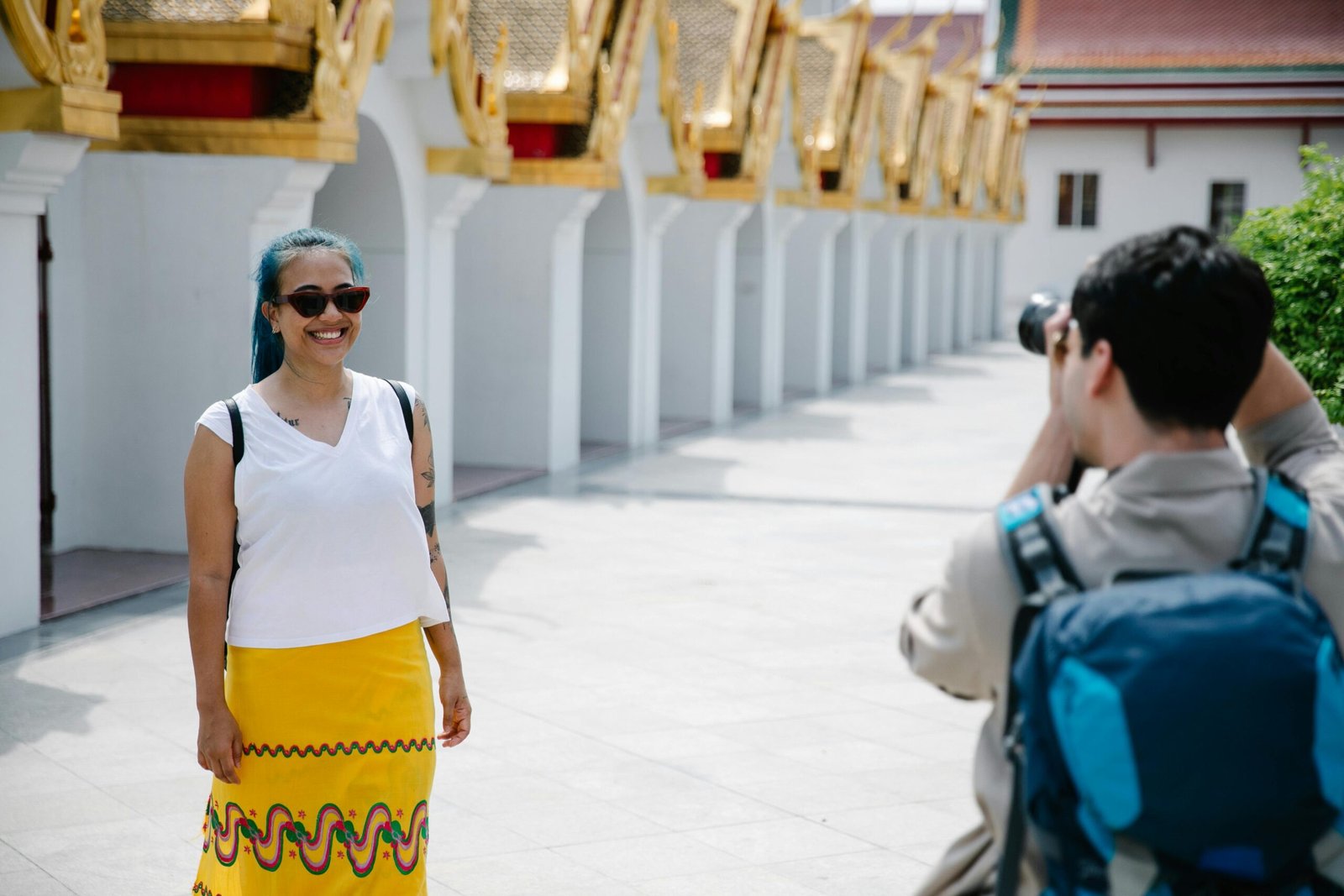Photo Credit (Pixeles)
Extreme Engagement, a new Netflix series, has drawn harsh (and justified) criticism from fans who claim the show’s makers disrespected the cultures they were recording. The focus of the episode is an engaged Australian couple who want to learn from diverse cultures that have different perspectives on marriage and commitment. The idea may seem good, but the way it was carried out was poor; the two were often griping and criticizing the cultures that were gracious enough to accept them. Inadvertently, the show pointed up mistakes to avoid when traveling for cultural reasons.
To ensure that you’re interacting with local cultures in a responsible and considerate way, bear the following advice in mind the next time you’re considering a new vacation spot:
- Be responsive to different lifestyles
The couple’s emphasis on emphasizing their culture despite being distant from home is one of the issues with Extreme Engagement. Recognize that the culture you are visiting may have an entirely different definition of “normal” than you do. Be open-minded and understand that, despite their unfamiliarity, these traditions have supported the local community and are meaningful to them. This could include trying items that don’t seem tasty at first glance or dressing slightly differently than you normally would. At the very least, you’ll have more stories to share, and the locals will appreciate your willingness to follow their traditions. - Look up prevalent expressions and traditions
Assuming that locals speak and comprehend their original speech is one of the most unpleasant things a visitor can do. Learn how to say “please” and “thank you,” as well as how to ask for directions and place your order in a restaurant. Researching local eating etiquette is also a smart idea. Slurping, for instance, is a traditional manner to express your appreciation for the cuisine to the chef in Japan. Eating with your left hand is seen as impure in India and some regions of Africa. You will feel more fully integrated into the culture if you attempt to fit in with the locals. - Encourage local communities
It can be challenging to organize tours and make itineraries in advance for far-flung locations. Since travel guides are sometimes authored by other tourists, they are more likely to highlight activities, dining options, and excursions that have a website and phone number—sometimes leaving out locally owned companies.
